Good Practices
Intendencia de Cerro Largo - Uruguay
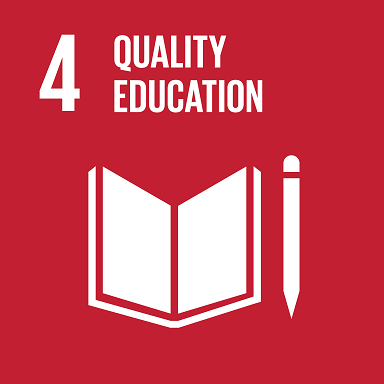
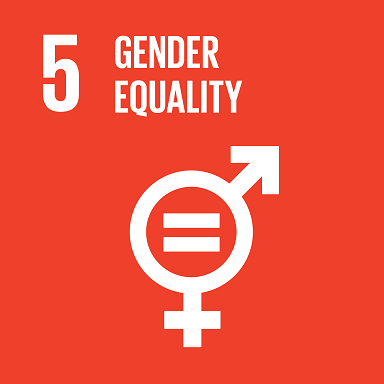
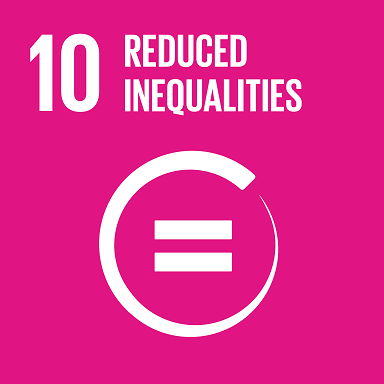
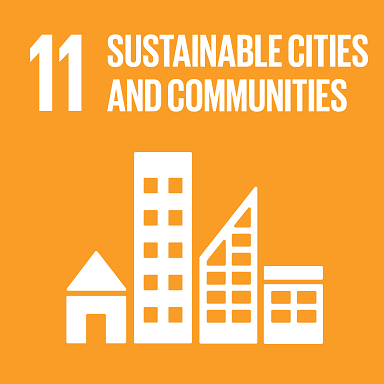
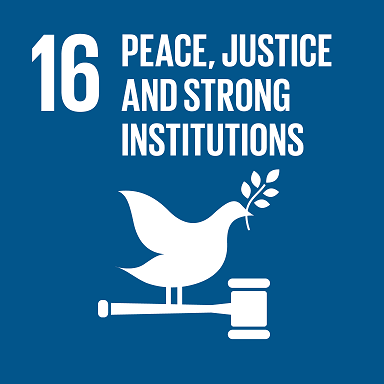
Applying the Metaplan technique for the planning and management of the components related to the generation of knowledge
Description of the practice:
Applying principles and mechanisms of collective or group building throughout the cycle of training and technical assistance, in order to guarantee the active and balanced contribution of all participants, thus improving the learning and its application.
"The Metaplan technique is a method aimed at gathering and processing ideas and opinions within a group of people who work together. As part of a group working session, everyone writes down their own ideas or opinions on a subject (each idea is written on a card). During the brainstorming process, it is important that the ideas are not judged. All the cards are then collected and posted on a note board. Only at this point will the ideas be processed. The cards are organized into categories and evaluated. The grouping of ideas can lead to new knowledge or reveal new connections. Besides the visual technique, the method often involves the participation of professional agents - i.e. moderators - to facilitate the discussion. Using the technique, the moderator structures the process of understanding within the context of the group working session. This technique was created by Eberhard Schnelle in Germany.
With the aim of collecting the ideas, opinions, knowledge, know-how and experiences of all those involved, the project decided to apply the principles and mechanisms of the Metaplan technique to all the components related to knowledge generation. This application was not limited to workshops or group working moments, but it also inspired the whole cycle (from planning to evaluation) of training and technical assistance. Of particular note are the following phases, which were able to be implemented thanks to the thorough knowledge of this methodology among the project coordination team and the trust placed in it by all the partners.
- Structured interview with the highest authority of the partner municipality (Mayor or prefeito) based on the learning objectives set out in the project.
- Participatory workshop, applying the SWOT analysis, with the Cabinet / team of advisors of the maximum authority and with the technicians of the partner municipality.
- Workshops for the identification and prioritisation of issues and needs, applying the Metaplan technique, with the widest participation of the different actors for the joint elaboration of the Training and Technical Assistance Actions Plan, based on the result of the workshops and oriented towards the learning objectives foreseen in the project.
- Development of training and technical assistance actions.
- Evaluation / assessment of the trainings and technical assistances, as well as of the implementation of what has been learned and its impact on Institutions.
Differentiating factors:
- It facilitates the identification of strengths and weaknesses of all participants, both providers and recipients
- It facilitates the use of the knowledge (explicit and tacit), know-how and experiences of all participants.
- It facilitates the learning process.
- It strengthens and creates capacities for all participants.
Impacts:
- A greater commitment of the participants to applying what they have learned, achieving a greater impact on the quality of the institutions and the areas in which the knowledge that was created will be applied.
- A greater installed capacity on participatory methodologies in the institutions that have participated in the process, allowing its replication without depending on external actors.
The added value of Triangular Cooperation: (more information here)
1. Building ownership and trust.
2. Promoting complementarity and increasing coordination in development cooperation.
3. Sharing knowledge and learning jointly.
4. Co-creating solutions and flexibility.
5. Enhancing the volume, scope and sustainability of Triangular Cooperation
6. Achieving global and regional development goals through strengthened partnerships for sustainable development.
RELATED FILES
The National Institute of Industrial Technology (INTI), which coordinated the project, had an extensive experience of good cooperation with the European Union (and other international donors) and had its own procedures in place. However, preparing to undertake a project under the Triangular Cooperation modality for the first time revealed the need to adapt these procedures and posed a challenge for the institution, which wanted to prepare itself in the best possible way by creating a methodology adapted to this modality, which was agreed upon with all project partners.
Thanks to the project, Thematic Meetings have been designed and carried out to address the subjects prioritised in the Political Dialogue meetings with the political representatives of each partner municipality, considered as a lesson learned that can be found in this Knowledge Bank of the ADELANTE Programme. Thanks to the correct identification of the subjects prioritised in the Political Dialogue Meetings by the project's coordination team, several Thematic Meetings were successfully organised, including two of great impact on SDG 5, especially aimed at women entrepreneurs.
One of the main components of the Mirada Ciudadana project are the Political Dialogue Meetings, which consist of meetings between the authorities of the partner local governments to exchange ideas about the reality of their municipalities and their main challenges, promoting open dialogue and encouraging the joint creation of solutions. After the experience of the first meeting at the beginning of the project, the management team realized that, while it was important to promote exchanges between municipal authorities, it was also necessary to accompany them with thematic working-enabling environments to involve a greater number of stakeholders, including the final beneficiaries.
Thanks to the project, a consolidated methodology has been developed and implemented for the joint creation of work agendas for peer-to-peer visits aimed at compiling best practices and issuing recommendations. Different visits have been successfully carried out using this methodology, showing a real appropriation of the tool by the recipient country and a high level of commitment, knowledge exchange and technical trust from all participants. One of the most prominent was the visit to Paraguay, during which the project raised the possibility of providing technical assistance to the Ministry of Childhood and Adolescents, focusing on the design of a census of homeless children and adolescents. This generated new lines of work beyond what had been planned with a clear triangular cooperation approach.
Thanks to the peer-to-peer dialogue promoted by DIALOGAS, the National Technical Tables for Institutional Coordination in Transversal and Socio-Emotional Competences were created in Argentina, Paraguay and Guatemala and the conditions for the creation of the Tables in Chile, Panama and Uruguay were settled.
At the beginning of the project, there was a theoretical framework for "Peer-to-Peer technical visits": one of the pillars of the project which consists of visits to each of the partner countries, including political and technical representatives from other countries involved, in order to collect best practices and make recommendations. This theoretical framework has, gradually and thanks to the lessons learned from each visit and the experience and global vision of the project team, become a consolidated methodology whose main characteristic is to bring those involved into the limelight.
Thanks to the project, the first unique tool for the assessment at the regional level of transversal and socio-emotional competences has been created, which will allow the collection of data from different countries in order to compare them and get a comprehensive view of the subject.




